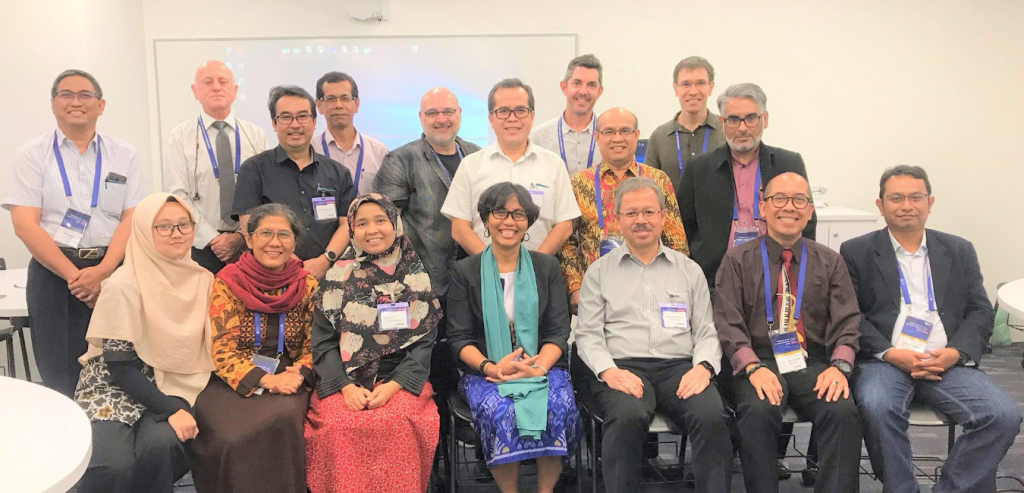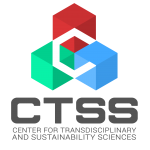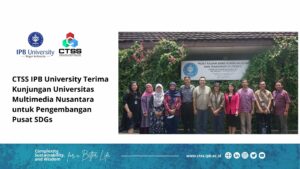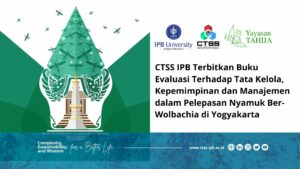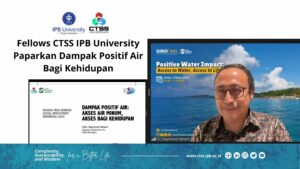
- Our History
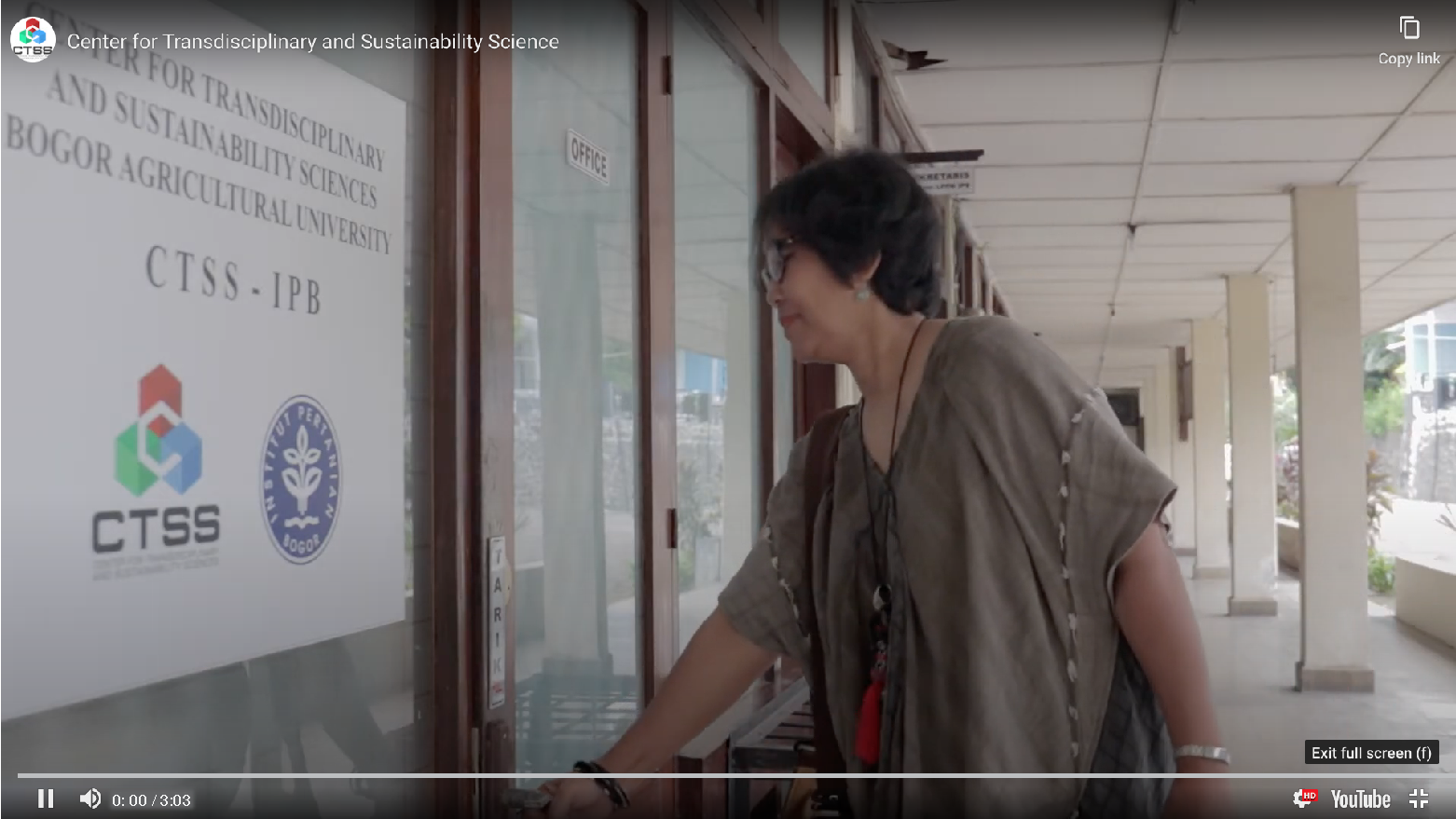
CTSS acts as a “knowledge development hub” that carries out its mission in accordance with co-creation and transdisciplinary principles for sustainability sciences
CTSS strives to understand the complexity of human nature interactions. The intricate relationship between different institutions of public, private and local communities, and the conflict that may arise due to different interests needs the clarity, the strength and analytical skills of an independent institutions. CTSS is present to unravel this complexity. Through its research and training programs, CTSS will constantly seek new solutions and nurture & build capacity on sustainability.
CTSS is lead by Prof Dr Damayanti Buchori, MSc, an ecologist entomologist by training and has over 20 years of experiences working with different communities across Indonesia. Prof Husin Alatas, a theoretical physicist, provides the anchor for understanding nature’s complexity. Dr Suria Tarigan specializes in watershed and peatland ecology, whose role is central as the biophysical expert in the Center. Dr Rilus Kinseng, a sociologist by training provides the human aspect and enrich CTSS with the humaneness of sustainability. Dr. Ir. Neviaty P Zamani, M.Sc whose expert is in coastal management, plays a key role in the landscape-seascape interaction. Akbar A. Digdo focus his works on small islands where he puts his hearts on community based coastal management.
CTSS is expected to contribute to the emergence of new knowledge that involves transdisciplinary approach and cross sectorals dialogue. At CTSS we understand that sustainability sits at a multidimensional scale, ranging from social, cultural, economic, ecology, and politics. Such issues cannot be resolved partially, instead a holistic transdisciplinary approach is needed. To realize this, CTSS acts as a “knowledge development hub” that carries out its mission in accordance with co-creation and transdisciplinary principles for sustainability sciences.
